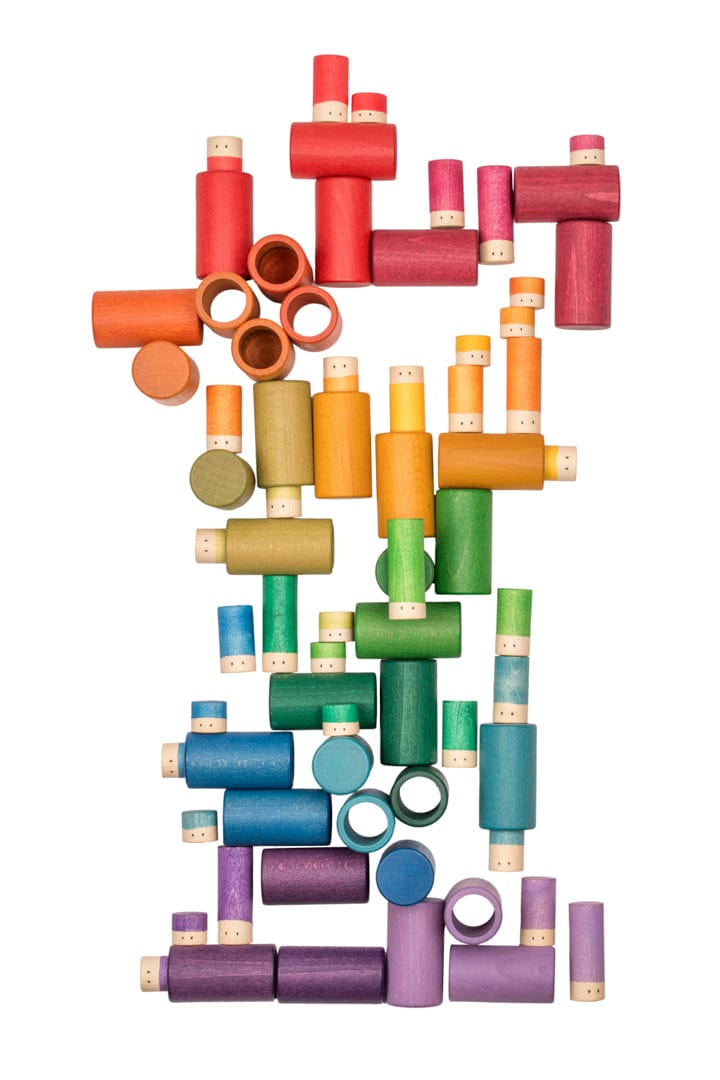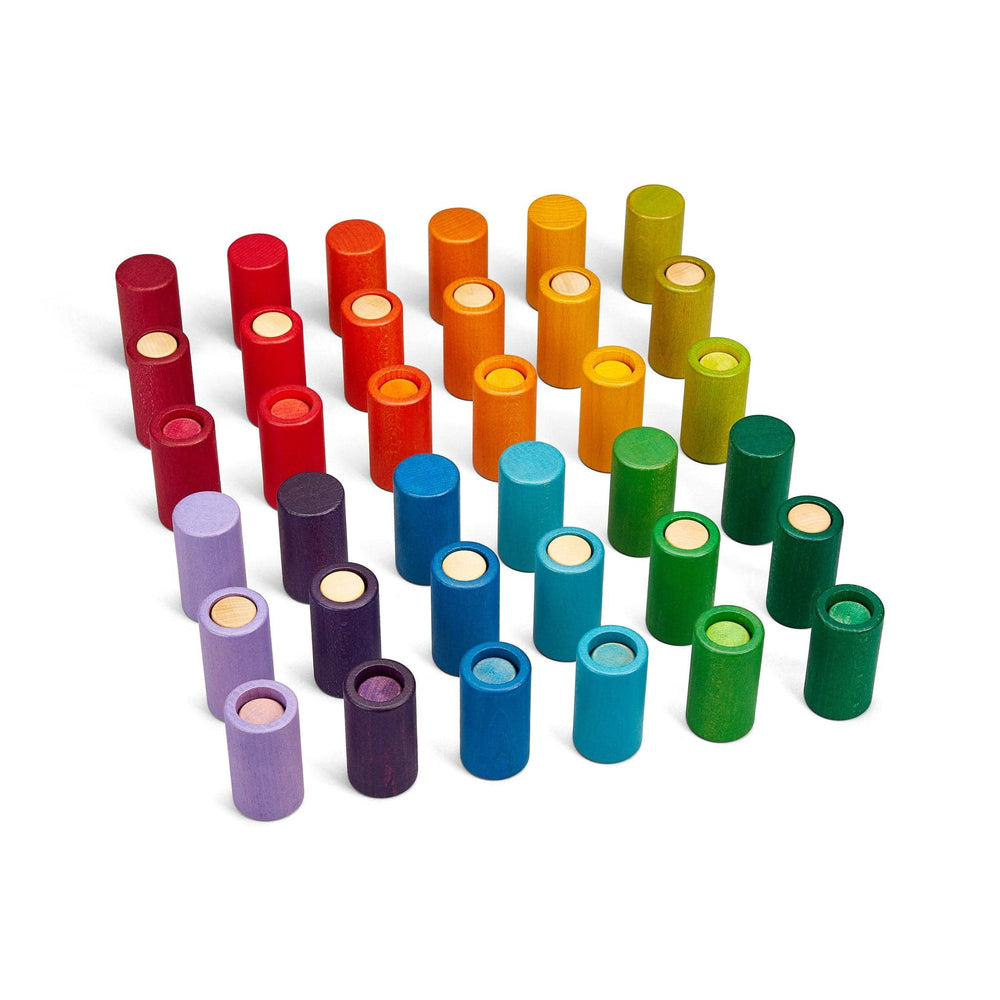Why choose Organic Cotton?
Why is Organic Cotton better?
Often parents instinctively feel that organic cotton is a 'better' choice for children's clothes, but why? Many of us don't realise that the clothes we wear start their life in the soil. Cotton is grown in a field then picked, dyed and spun into thread. It goes through so many processes before making it into shops that i's easy to forget that cotton is a crop.
There are lots of different types of cotton available as well as recycled fabrics, hemp and flax. If you want to be sure that what you're buying is as sustainable as possible, then GOTS certified Organic cotton is a good option.

Organic cotton is better for farmers
Farmers growing organic cotton use natural farming methods, without the use of harsh pesticides which damage ecosystems, poison waterways and may impact the health of the workers using them. Farming without these chemicals protects farmers’ health and the environment.
Organic cotton is often grown alongside other crops, such as food, which helps to keep the soil healthy and encourages biodiversity. It also provides the farmers and their communities with more stable and diverse income streams from multiple crops.
Is Organic Cotton better for children's clothes?
The chemicals used in the growing and processing of Organic cotton are strictly controlled making it much softer, gentler and kinder to your little one’s delicate skin. Organic cotton generally feels thicker and is slightly softer.

How is Organic Cotton better for your pocket?
Organic cotton is known to be more durable so it creates good quality clothes that last longer. The fabric is often stronger because regular cotton fibres can be damaged by the chemicals added during harvest and processing. Organic cotton clothes feel noticeably thicker and slightly softer. Better quality means kids are less likely to wear things out so you can buy less, buy better and pass the clothes on.
Organic Cotton is better for the planet
Non organic cotton has been nicknamed 'the worlds dirtiest crop' but Organic cotton farming is very different. The standard for Organic certification are high meaning that farmers must adhere to farming without pesticides, using green fertiliser and prioritising soil health. Organic farms have up to 50% more wildlife than conventional farms, and growing organic cotton helps combat climate change by creating healthier soils, ecosystems and cleaner waterways.

What is conversion cotton?
GOTS certified organic cotton has lots of benefits for farmers, the environment and the people that wear it! Cotton labelled as ‘in conversion’ is produced by farmers who are making the transition from conventional to Organic farming. By using 'in conversion' cotton, clothing manufacturers are supporting farmers to make the switch from conventional cotton to GOTS certified organic cotton. You’'ll find the ‘in conversion’ label on some of the children’s wear we stock at Smallkind and we’re very proud to offer it.
Organic isn’t just about how cotton is grown it's also about the manufacturing process too. Organic cotton carrying the Global Organic Textile Standard (GOTS) logo has grown organically and manufactured in a socially and environmentally responsible way too.
At Smallkind we stock children's clothes made from Organic or conversion cotton which are manufactured in a responsible way. Ethical kids wear often has a higher price point because fair wages are paid at each stage of the process. However, by buying better quality you're voting for brands who put people and the planet first. By investing in better quality clothes you can also buy less because well made garments will far outlast fast fashion from the high street. When you're able to support companies who use Organic Cotton, celebrate that choice and wear your clothes with pride!
Shop our colourful range of Organic Cotton children's clothes here.
Sources:
Conversion cotton - welovefrugi.com
Soil health + environmental impact - soilassociation.org










Leave a comment